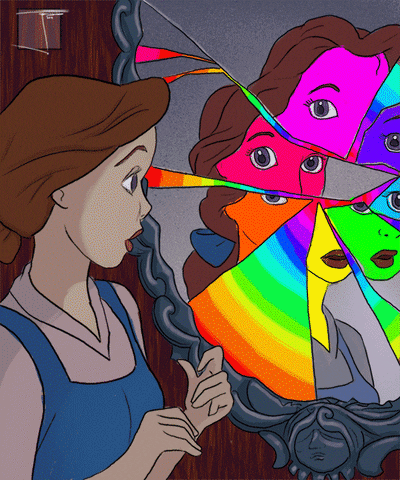
Some people come up with comments on certain topics that surprise the average common-sense person. Although these comments, which the majority find contradictory, rarely lead to revolutionary thoughts, they are mostly caused by misconceptions. A current example of these misconceptions is the Covid19 vaccine opposition. Although dozens of physicians and opinion leaders from different political views have emphasized the benefits of getting the Covid19 vaccine, some people argue otherwise. Why?
It is a known fact that most misconceptions are caused by a lack of knowledge. We make mistakes more often in areas we do not know of. Even worse are the areas where we form opinions with little information. In such cases, the Dunning-Kruger effect comes into play and the superficial information we obtain creates the illusion that we have sufficient knowledge in that field.
It is common for ignorant people to be mistaken or deceived in various matters. The most surprising thing is that educated people are wrong. The mistakes of educated people mostly stem from dogmatism. The dogmatism that explains the events with simplified explanations is fueled by individuals and institutions who want to create a loyal audience. In the example of anti-vaccination, educated people have mainly developed arguments based on the individual's bodily integrity and freedom. These views sit on a liberal political base. It is an exemplary situation that even a libertarian idea such as liberalism, when taken absolutely, causes such drifts. In addition to liberals, other dogmaticians who believe that their ideas that end with 'ism 'will solve all problems can be wrong on many issues.
People are not mistaken only because of their ignorance or their rigid political views. For psychological reasons, we sometimes refuse to accept the obvious facts and continue to believe what we choose to believe. It can be jarring to admit that an idea that we hold onto for a long time is wrong.
Some people are more prone to extreme thoughts, such as being against the Covid19 vaccine or believing that the Moon has never been visited. This is due to mindsets that are ready to accept fantastical thoughts. In fact, these are open-minded and creative people. Their only shortcoming is that sometimes they can't distinguish between fiction and reality. Some authors with similar mindsets can become popular by producing conspiracy theories that these people can believe. In addition to the schizotypal or paranoid personality, other dominant personality traits lead to biased thoughts in one way or another. A person who perceives the world as a matrix of tasks due to his obsessive personality, for example, may miss many beauties. Or, a person with a hysterical personality can over-dramatize matters and cause a storm in a glass of water.
Since we interpret the world based on our personal experience, we can develop different attitudes about whether to trust people or not. Children who grow up in an unstable environment, being misled by their parents, tend to distrust authority when they grow up. Children who grew up with love in a sheltered family, on the contrary, see the world as rosy.
Of course, people don't always defend false theses because of misconceptions. Some try to maximize their interests by interpreting events as they see fit. Especially those with conservative political views do not care much about what the truth is. They are more inclined to think, "How can I interpret the issue that our party benefits." However, such an approach is not unique to conservatives. In polarized political environments, we sought intellectual honesty behind the mountain of Qaf.

As you can see, the correct perception and interpretation of the world is not an easy task. For various reasons, each of us can be wrong to a certain extent. I think the main thing is not to make mistakes on vital issues. I think the subject of vaccination is one of such important issues.
Thank you for reading.
